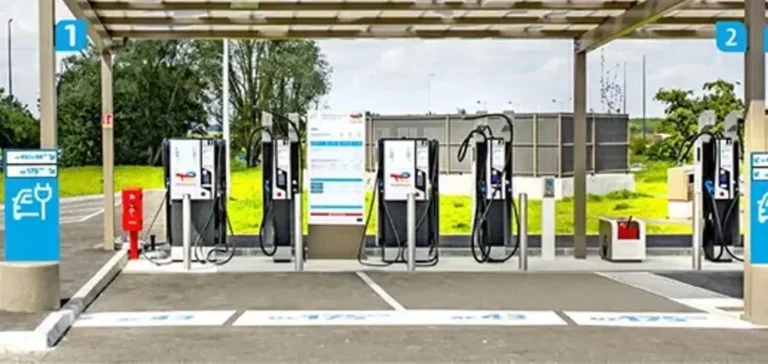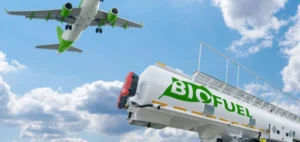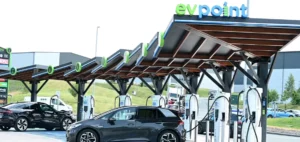TotalEnergies now holds the top position in the high-power electric vehicle charging market in France along the motorway network, according to data from European interoperability platform Gireve. The group operates more than 1,800 charging points across 265 service stations, representing 23% of the infrastructure installed on motorways. These stations can deliver up to 300 kilowatts (kW) of power, allowing compatible vehicles to recover around 100 kilometres of range in six minutes.
A fully high-power network
All TotalEnergies motorway and expressway stations are equipped with high-power charging points. This full coverage strategy responds to the growing demand for rapid charging on major traffic routes. Each charging point is powered by electricity guaranteed to be from renewable sources, according to information provided by the operator.
The installations allow up to 80% battery capacity to be recharged in around 20 minutes. The technology is designed to meet time constraints related to long-distance travel, particularly during peak traffic periods on the road network.
On-site support system
To support usage of its infrastructure, TotalEnergies also provides on-site services including waiting areas, sanitary facilities, dining options and free Wifi access. In addition, a human support presence is ensured with 300 staff deployed every weekend during July and August. These agents, known as “bornistes”, are responsible for assisting drivers with the charging process and easing traffic flow around charging areas.
The operational model integrates all standard payment methods and focuses on simplifying the user experience. The objective is to ensure uninterrupted service availability while minimising downtime.
European-scale rollout
TotalEnergies operates over 75,000 charging points across Europe, located in urban areas, businesses, employee residences, and high-power hubs. The group states its commitment to controlling the entire electric mobility value chain, from renewable electricity production to charging service operation.
TotalEnergies’ strategy focuses on reinforcing its infrastructure on key European transit routes. According to the data shared, network expansion is accompanied by service development and targeting of high-frequency travel flows.






















